Does Fan Controlled Football make history?
Football is one of the most popular sports in the world, with billions of fans around the globe. However, for many fans, the traditional model of professional football is becoming increasingly alienating. Fans feel like they have no control over the game they love, and that their voices are not being heard.

Therefore, Fan Controlled football emerged as a revolutionary sports league that blends traditional football with cutting-edge technology and real-time fan engagement.
The concept was born from the visionary minds of Ray Austin and Patrick Dees in 2017.Their goal was to create an interactive sports experience, where fans would have influence over team strategies and playcalling.The league’s foundation was laid with the creation of the Fan Controlled Football (FCF) platform.
This platform allowed fans to participate in real-time decisions, from drafting players to choosing team names, logos, and even coaches.It employed blockchain technology to ensure transparency and fairness in the voting process.
Though, The idea of fan-controlled football is not new. In the early days of the sport, fans often had a much greater say in how teams were run.
For example, in the 19th century, fans of the English team Preston North End would vote on who would be the team captain.
However, over time, the power of fans has eroded. That is due in part to the increasing commercialization of football.
As football has become more popular, it has also become more expensive.
This has made it difficult for fans to have a say in how the game should run.
In recent years, there has been a growing movement to give fans a greater say in football.
This movement has been fueled by the rise of social media, which has made it easier for fans to connect with their teams.
Fan-controlled football emerged as a revolutionary sports league that blends traditional football with cutting-edge technology and real-time fan engagement.
It employed blockchain technology to ensure transparency and fairness in the voting process.
The inaugural season of fan-controlled football took place in 2021, captivating audiences worldwide with its unique blend of sports and fan engagement.
Four teams, led by prominent owners and influencers, took the field, igniting a new wave of excitement among fans.
What truly set this league apart was the degree of fan involvement in strategic decision-making.
Fans actively participated in playcalling, Voting on offensive and defensive plays through the FCF app. The platform presented an array of plays , and the majority vote determined the final decision. This direct fan influence on the game was unprecedented in world of sports.
Fan-controlled football quickly made an indelible mark in sports history by revolutionizing fan engagement and redefining the relationship between players and their supporters. The league harnessed the power of social media and live streaming, creating an interactive and immersive experience that brought fans closer to the game than ever before.
The concept of fan-controlled football not only resonated with existing sports fans but also attracted a new generation of viewers.
The league’s embrace of technology and social media as integral components of the fan experience made it highly accessible and appealing to the digital-native audience. Fan-controlled football served as a gateway for casual fans, drawing them into the world of competitive sports.
The league’s impact extended beyond the virtual realm, with players and coaches adapting to the unique challenges and opportunities presented by the fan-controlled format.
Athletes had to quickly adapt to the fan-generated play calls, testing their versatility and resilience. This dynamic interaction between fans and players elevated the level of excitement and unpredictability, ensuring that every match was a thrilling spectacle.
Moreover, fan-controlled football laid the groundwork for a new era of sports entertainment, highlighting the potential for increased fan participation in other professional leagues. Its success paved the way for innovative approaches, such as fan-controlled baseball or basketball, further blurring the lines between virtual and physical sports experiences.
Everything has both advantages and disadvantages. The disadvantages of FCF are-
First, it can be difficult to get fans involved in the decision-making process. Not all fans are interested in being involved in the day-to-day running of a team.
Second, fan-controlled football can be expensive. It can be costly to set up and maintain a system where fans can vote on everything from team lineups to game strategy.
Third, fan-controlled football can be tough to manage. It can be hard to ensure that all fans have a fair say in decision-making process.
It is exciting to see how it’s played and what all teams are involved.
The FCF has eight teams, each with a unique name and identity. The teams involved in FCF are-
Beasts of the Gridiron
Glacier Boyz
Kingpins
Kraken
Mistakes Made Famous
Zappers
Wild Aces
Yard Dawgz
Fans can vote on a variety of things in FCF games, including:
The name of the team’s mascot
The team’s colours
The team’s uniforms
The team’s head coach
The team’s playcalling
Fans can also vote on other things, such as:
The halftime show
The music played at games
The food served at games
FCF games are fast-paced and exciting. The games are only 60 minutes long, and there is no halftime. The games are also played on a smaller field than traditional football fields. This makes the games more exciting and allows for more scoring.
The lleague is giving fans a real say in how the game is run, and this is making the game more exciting and engaging for everyone involved.
Here is a brief overview of each FCF team and how they play:
Beasts of the Gridiron
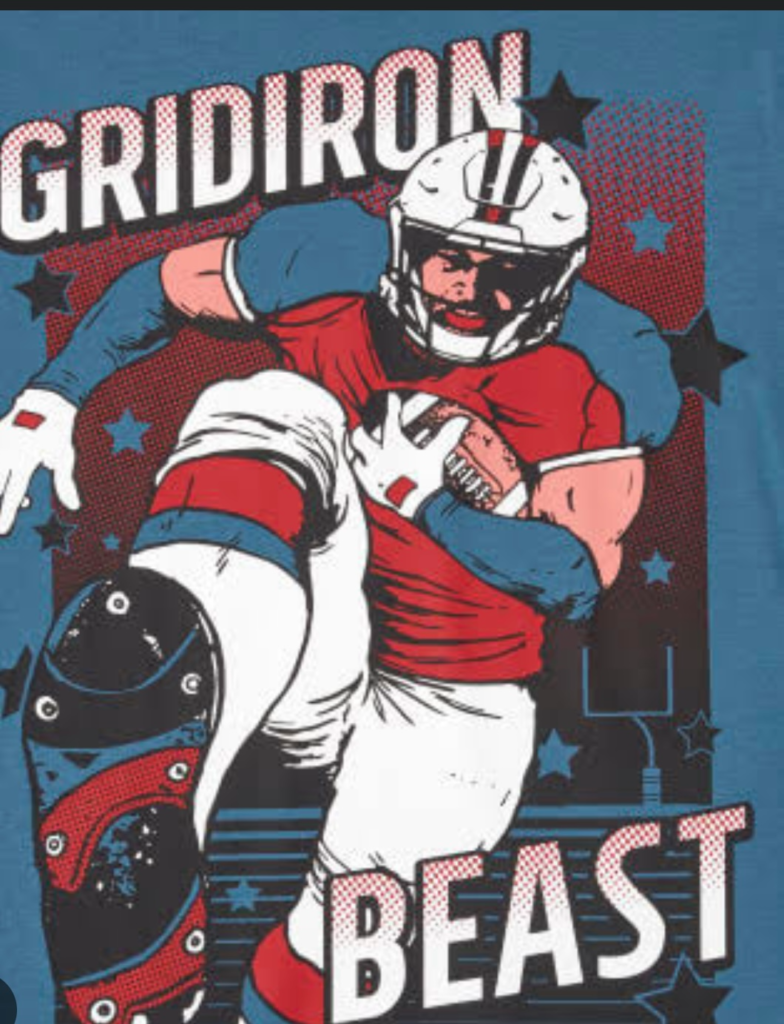
The Beasts of the Gridiron is owned by Marshawn Lynch and led by head coach Tee Martin. The Beasts are known for their high-powered offence, led by quarterback Jordan Ta’amu and wide receiver JuJu Smith-Schuster.
The Glacier Boys

The Glacier Boyz is owned by Quavo Huncho and led by head coach Omarr Smith. The Glacier Boyz are known for their flashy style of play and high-energy defence.
The Kingpins

The Kingpins is owned by NFT Kingpins and led by head coach T.J. Houshmandzadeh. The Kingpins are known for their innovative playcalling and their aggressive defence.
The kraken
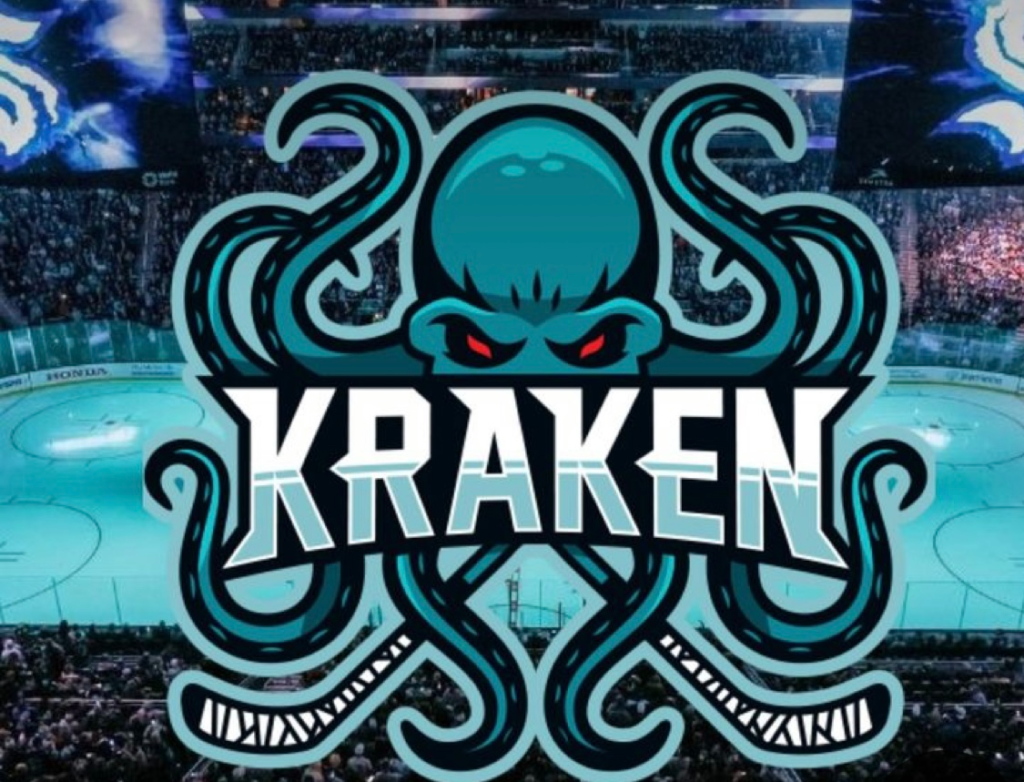
The Kraken is owned by Bored Ape Yacht Club and led by head coach Ron Rivera. The Kraken are known for their strong defence and the ability to make big plays.
The mistakes Made Famous
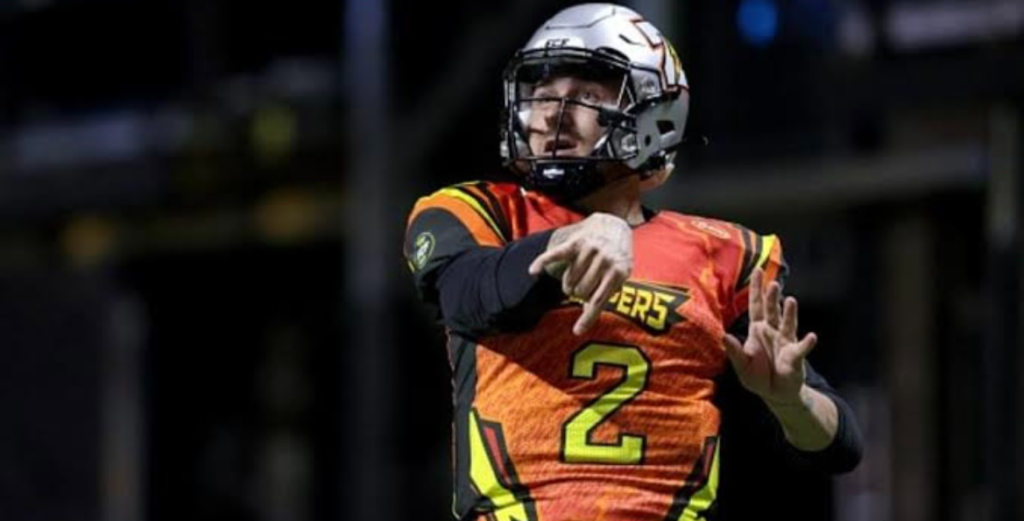
The Mistakes Made Famous is owned by the Degen community and led by head coach Omar Khan. The Mistakes Made Famous are known for the ability to overcome adversity and their never-say-die attitude.
The Zappers
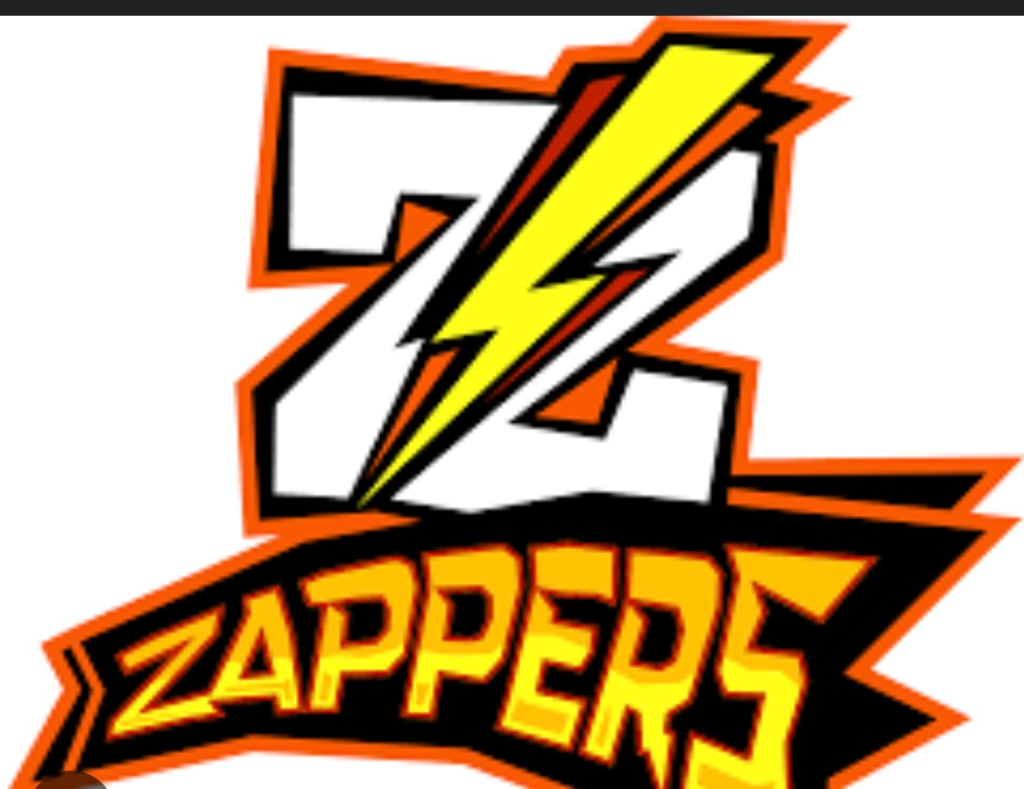
The Zappers is owned by Bob Menery and led by head coach Hines Ward. The Zappers are known for their high-scoring offence and the ability to put on a show.
The Wild Aces

The Wild Aces is owned by the Knights of Degen and led by head coach John Wolford. The Wild Aces are known for their strong running game and the ability to control the clock.
The Yard Dawgz
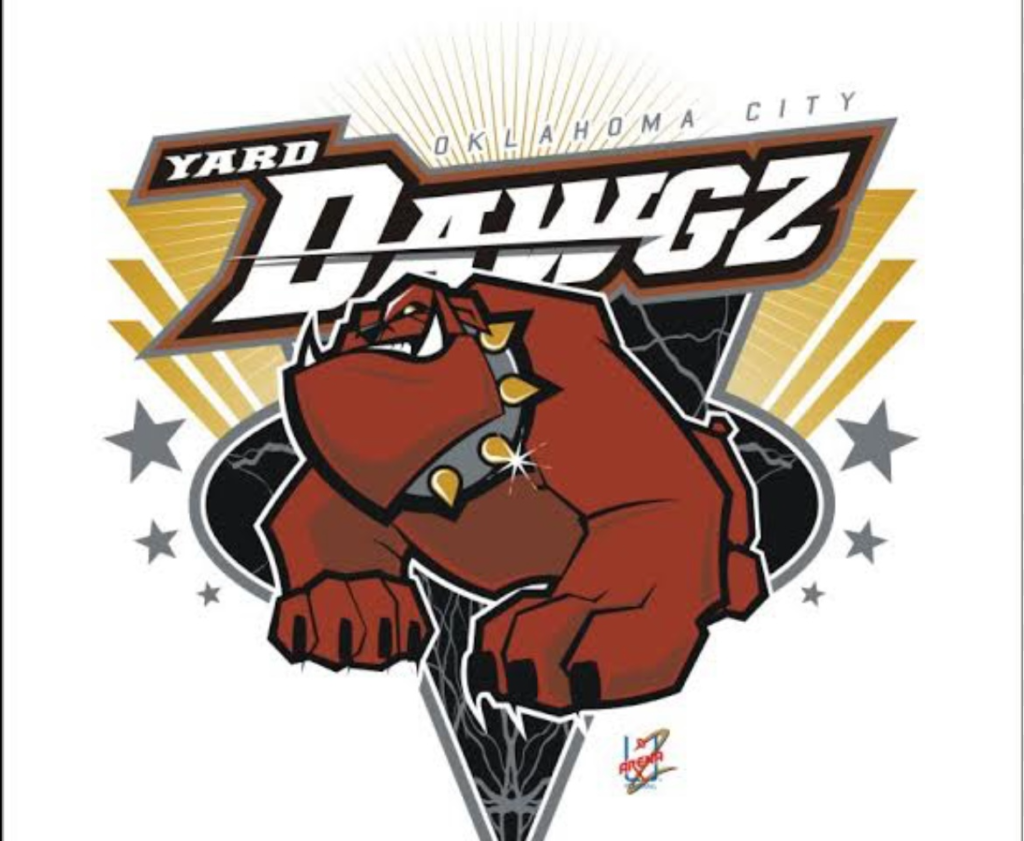
The Yard Dawgz is owned by the 8oki community and led by head coach Rod Woodson. The Yard Dawgz are known for their physical play and the ability to dominate on the defensive side of the ball.
So, The league’s concept is a significant departure from the traditional model of professional sports, where owners and coaches make all the decisions.
FCF gives fans a voice and allows them to have impact on the outcome of games. This approach has proven to be popular, as the league has amassed a substantial following in a short amount of time.
In addition to its unique approach to sports, FCF is also making history in terms of its accessibility. The league has embraced social media and streaming platforms, making it easy for fans to watch the games anywhere in the world. This approach has proven successful, as FCF has attracted a younger and more diverse audience than traditional sports leagues.
In conclusion, Fan Controlled Football is making history in multiple ways.
Its innovative approach to sports, where fans have direct control over the game, has captured the attention of many and is a significant departure from traditional sports leagues. The accessibility through social media and streaming platforms has also broadened its audience and attracted a younger and more diverse fanbase. The league’s success has led to significant investments and expansion plans, further cementing its place in sports history.


